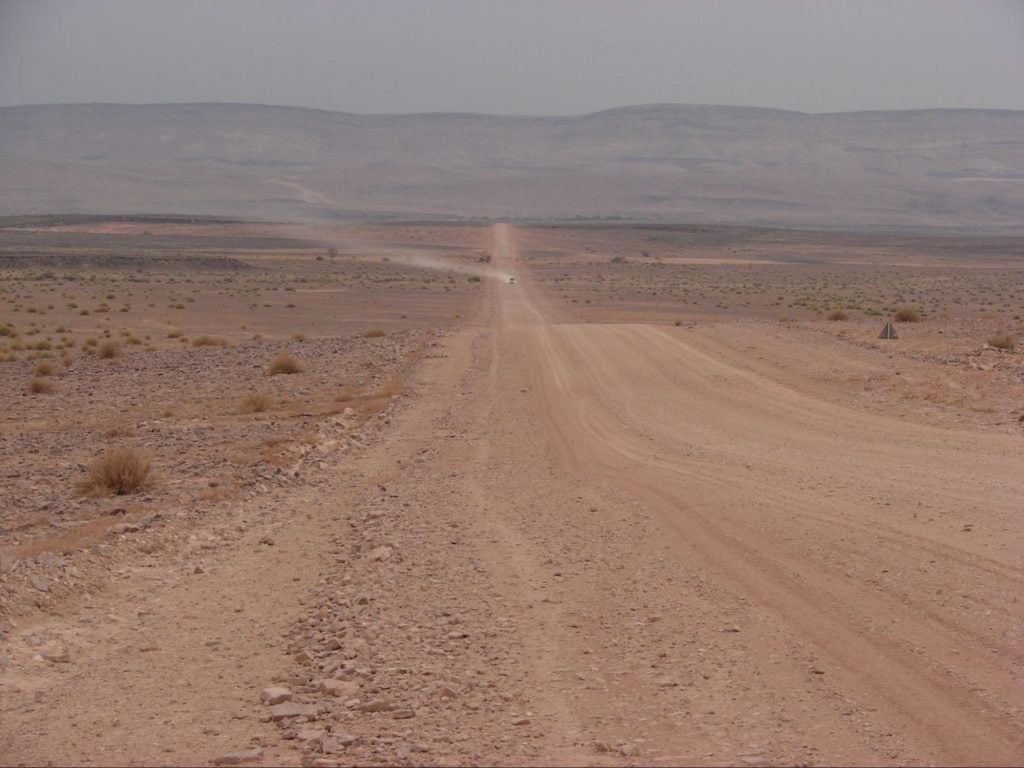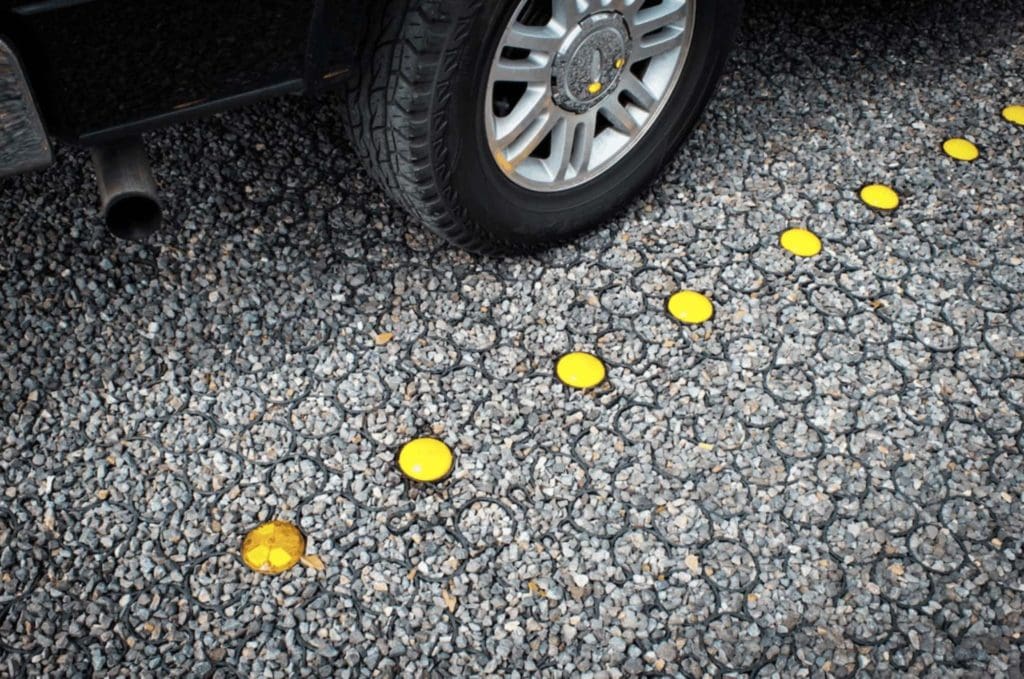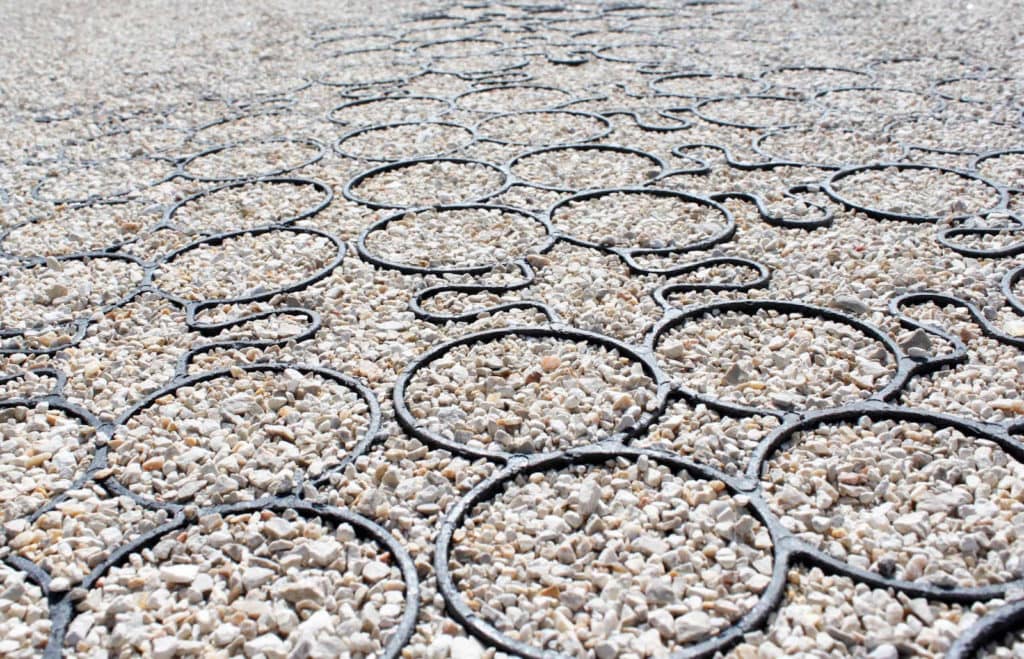Road dust control can be a significant problem for drivers and residents across the Lone Star State. Dust can cause poor air quality, visibility issues, and even property damage along highways and rural roads.
Fortunately, from using water trucks to applying chemical dust suppressants, there are various solutions available for controlling road dust.

In this article, we will explore some of the best road dust control options so you can make an informed decision about which method suits your needs.
Why Should You Try to Control Road Dust?
Driving on gravel roads during the arid summer months can cause dust to become airborne. Once in the air, dust can be inhaled and irritate respiratory symptoms like asthma and can be especially detrimental to infants and the elderly.
In addition to adversely affecting health, road dust can damage vehicles, homes, and livestock. These damages can become costly and add up over time.
Why Are Texas Roads So Dusty?
Texas’s dry climate and parched earth can cause the gravel on roads to become loose and dehydrated. As vehicles drive over this gravel, dust becomes airborne and creates visible clouds of particulates.

The state’s significant winds make road dust control even more difficult as strong, sustained gusts create new dust clouds and quickly mobilize existing ones.
Without consistent rain to hydrate and tamp down the roads, there are no mechanisms to create natural road dust control.
Why is Road Dust Control Especially Important in Texas?
Road dust control is essential in Texas because of the state’s dry climate and high winds, which can cause dust to become a health hazard for residents. Dust from roads can have adverse effects on respiratory and cardiovascular health. Dust can also affect visibility on the roads, which can lead to an increased risk of accidents. Additionally, dust from roads can damage vehicles and reduce the lifespan of roads.
5 Great Solutions for Texas Road Dust Control
1. TRUEGRID Permeable Pavers
TRUEGRID permeable pavers are plastic grid-style pavers that offer unparalleled dust control.
Once installed, you can pour gravel into TRUEGRID’s PRO LITE and PRO PLUS. The gravel is then contained in the plastic grid, to prevent gravel from being churned up by chunky tires and turned into dust.

TRUEGRID permeable pavers are made from 100% post-consumer recycled HDPE plastic. The pavers will not affect plant life, groundwater, or local animals, which makes them a safe, eco-friendly option for dust control.

In addition to being safe and non-toxic, TRUEGRID pavers are a cost-effective solution to Texas road dust control. Unlike other road dust control methods, permeable pavers are a one-time installation and remain maintenance-free for the rest of their use.
2. Spraying Water
One of the most common solutions for dusty roads is spraying water, to hydrate the top layer of gravel and tamp down dust.
Commonly used in construction projects and commercial farming, specialized water trucks can spray water on a gravel road as it slowly drives along.
A typical residential solution for Texas road dust control is to set up a sprinkler to water the road directly in front of a home. The water from the sprinkler hydrates the road and helps to minimize dust as cars and trucks drive by a resident’s home.
Although water is a wonderful, non-toxic option for Texas dust control, it is not a long-lasting solution. The blistering Texas sun will cause the water to evaporate rapidly, which results in a nearly constant need for hydration.
3. Calcium Chloride
Calcium chloride is hygroscopic, meaning it can absorb and retain water from the air. Being hygroscopic is beneficial for Texas road dust control because it aids in keeping the gravel moist even during the sweltering Texas summers.
Unfortunately, while calcium chloride can significantly decrease road dust, it can also negatively affect your water supply, adversely affect local plant and animal life, and cause soil salinization.
4. Oil
Spraying gravel roads with used lubrication oil is a common way to reduce road dust. Once dried, the oil creates a durable crust that effectively prevents dust from becoming airborne.
As appealing as it may be to use oil for road dust control, you should note that this practice may have some negative consequences, including;
- Negative effects on surrounding plant life
- Tainted soil quality
- Contaminated groundwater supply
- Increased likelihood of potholes once the crust deteriorates
5. Windbreaks
Windbreaks are strategically placed, manufactured structures, naturally grown vegetation, or organic geographic features that prevent wind from affecting a particular area.
While they won’t prevent dust from being kicked up by vehicle traffic, windbreaks can be a great way to prevent dust clouds from forming from excessive wind. In addition, windbreaks can help prevent dust from blowing into residential and livestock areas.
Use TRUEGRID for the Best Solution to Texas Dust Control
Founded in 2013, TRUEGRID’s permeable pavers have been keeping gravel roads dust-free across the country and the globe, and recycling millions of pounds of plastic in the process.
Offering three different product lines, the ROOT, PRO LITE, and PRO PLUS, TRUEGRID permeable pavers can be used for commercial and residential applications using gravel or grass.
Don’t settle for another summer of dusty roads, and don’t sacrifice the health of your land in the process. Contact TRUEGRID for a free estimate today and find out how you can be true to your project and true to your environment with TRUEGRID!



